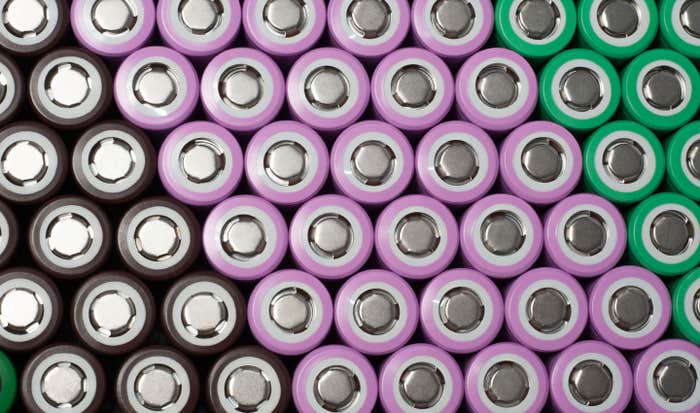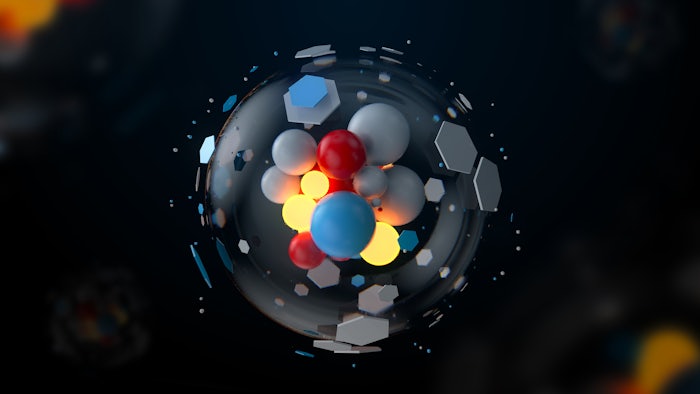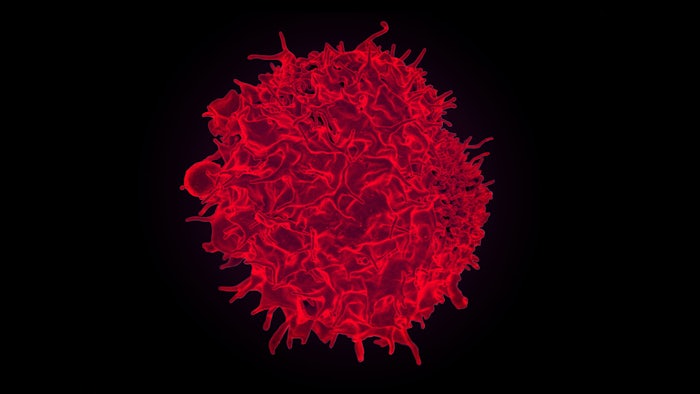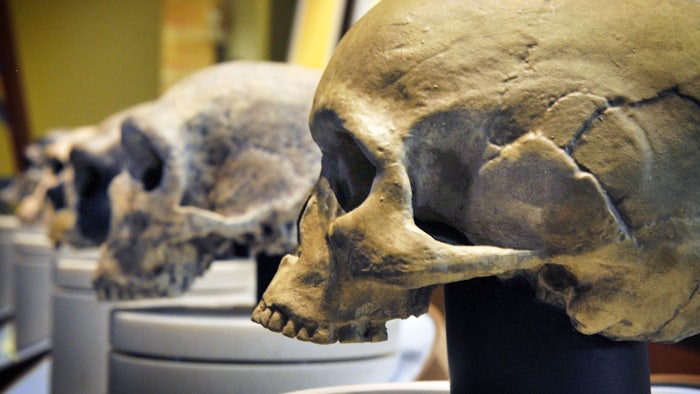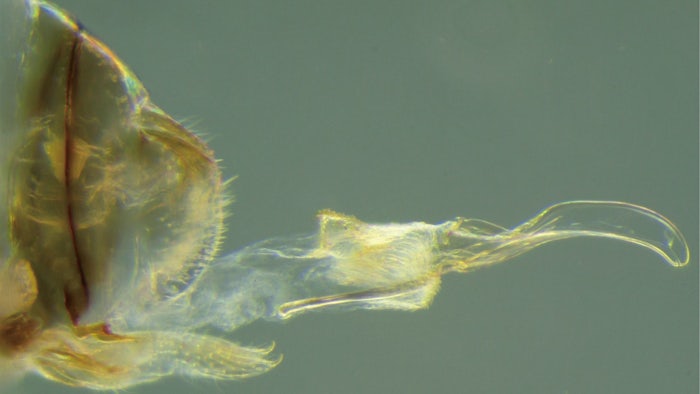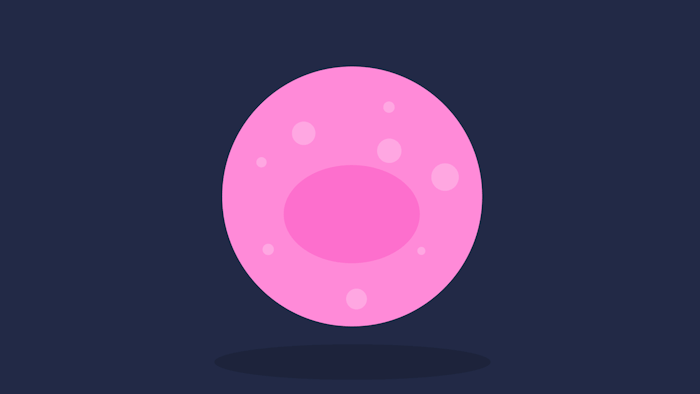Jordana Cepelewicz
Nobel Awarded for Lithium-Ion Batteries and Portable Power
John Goodenough, M. Stanley Whittingham and Akira Yoshino shared the 2019 Nobel Prize in Chemistry for developing lithium-ion batteries, “the hidden workhorses of the mobile era.”
Nobel Prize Awarded for Discoveries on How Cells Adapt to Oxygen
The 2019 Nobel Prize in Physiology or Medicine honors work elucidating how cells adjust to low oxygen levels.
Your Brain Chooses What to Let You See
Beneath our awareness, the brain lets certain kinds of stimuli automatically capture our attention by lowering the priority of the rest.
Origin-of-Life Study Points to Chemical Chimeras, Not RNA
Origin-of-life researchers have usually studied the potential of pure starting materials, but messy chemical composites may kick-start life more effectively.
Immune Cells Measure Time to Identify Foreign Proteins
T-cells identify what belongs in the body by timing how long they can bind to it.
Goals and Rewards Redraw the Brain’s Map of the World
Two new studies show that the brain’s navigation system changes how it represents physical space to reflect personal experience.
Smarter Parts Make Collective Systems Too Stubborn
As researchers delve deeper into the behavior of decentralized collective systems, they’re beginning to question some of their initial assumptions.
Artificial Intelligence Finds Ancient ‘Ghosts’ in Modern DNA
With the help of deep learning techniques, paleoanthropologists find evidence of long-lost branches on the human family tree.
Why Evolution Reversed These Insects’ Sex Organs
Among these cave insects, the females evolved to have penises—twice. The reasons challenge common assumptions about sex.
What Defines a Stem Cell? Scientists Rethink the Answer
As it becomes clear that the body’s cells have more diverse regenerative capabilities than expected, experts have had to reconsider their approach to stem cell research.
















